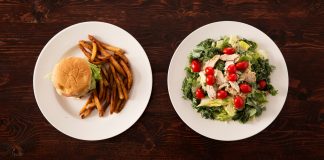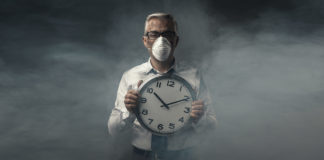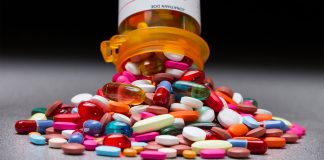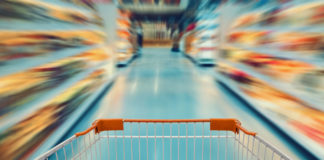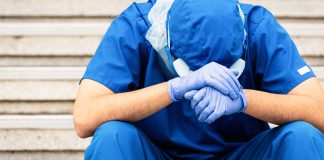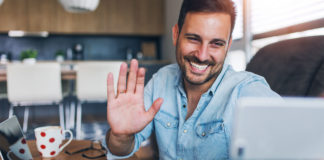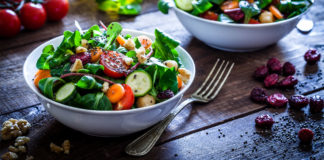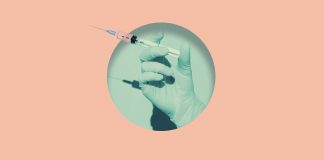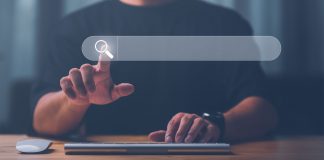COVID-19: Beyond coincidence and bad luck: causes of animal to human virus transmission
In the midst of the COVID-19 pandemic, there are specialists who are not surprised by this crisis, and believe that in the future we could be facing other pandemics if we fail to fix the mistakes that led to an increase of animal to human pathogen transmission.
Perceptions of balanced nutrition in the digital age
Attitudes toward food form a complex mosaic shaped by factors such as nutritional needs, hunger, taste preferences, socioeconomic status, demographic and emotional influences, as well as ethical, cultural, and religious values. Equally important is the level of education on nutrition (Gahagan, 2012). This plurality of factors helps explain the global diversity of dietary habits.
COVID-19: When time no longer means money
As a teenager, I remember pasting a quote from Blaise Pascal on the wall of my room. It was a thought I resonated with, not without some arrogance: "All of humanity's problems stem from man's inability to sit quietly in a room alone."
COVID-19: Recurrent revelations
Any large-scale phenomenon, such as a pandemic, activates our instinct to preserve our state of being—especially when we feel like we are losing it.
COVID-19: Rehearsal for the big surprise
There has been a lot of speculation in the online environment about COVID-19 and the end of the world, but the connection between the two is more subtle than it first appears. It has been suggested that the pandemic is only the tip of the iceberg, that it is one of the seven last plagues of Revelation, or that it is the fourth...
They call it poppy love
I have an acutely vivid memory which triggered this article. It was a wet day in London in the winter of 2002. My 145kg frame was squished in the front seat of a tiny blue Fiat Punto with two colleagues in the parking lot of a Burger King.
The great COVID-19 supermarket stampede
Last year, most of us were blindsided when we entered our local supermarket, trudged down the toilet paper aisle and were confronted with extended shelves of emptiness. Somewhat disappointed and definitely a little bit anxious (especially if we were running low on the soft, white goodness), we began to wonder how long it would be before we sighted toilet paper again.
Back from the brink: A doctor’s struggle with depression
Here’s a disturbing fact: Medical doctors have the highest suicide rate of any profession. It may be uncomfortable to read that in the USA nearly 400 doctors take their life every year. So how does a physician find assistance in a system that seems to be clearly failing its own? I sat down recently with Dr Charles, a fitness enthusiast, soccer fanatic and dad, to...
COVID-19: Forgiveness in isolation
When we are isolated with our family, problems that are sometimes easy to ignore become more acute, and the need to receive and offer forgiveness to those around us becomes increasingly evident.
COVID-19: Social distancing and the new ways to love amidst the pandemic
The epidemiologist Marc Lipsitch thinks that social distancing will have to continue, in one way or another, hopefully in milder forms and in correlation with other activities. Lipsitch is the author of a study suggesting that social distancing may be necessary, possibly intermittently, until 2022.
Diet rush: What should we eat in order to lose weight?
What should we change in our diets in order to lose weight? It is estimated that at least half of the female population—and a few men who are scared by their doctors, family, friends or what they see when they look in the mirror—want to lose weight.
COVID-19: Why the Bible’s perspective on social distancing might be a solution
The great challenge facing the world’s leaders right now is identifying an optimal response to a disease bearing several characteristics that make it difficult to combat.
Immunization against COVID-19: How often should the vaccine be repeated?
How long does the protection provided by the vaccine last? Should I have a booster shot after a while, or not?
Websites with reliable information about COVID-19: How to choose our medical sources of information
Obtaining information in the medical field does not only pose theoretical or scientific problems—it also has very high stakes. Taking data and suggestions from providers who disseminate incorrect or incomplete information can lead to sickness or even death, because these sources provide ineffective or harmful treatment recommendations. What follows is a list of websites with reliable information about COVID-19 we recommend consult regularly.
Love in the Time of COVID-19
As we know all too well, life can be hard. Even in the best of times, life can be hard. But now this, a pandemic? How are we to cope?













